In the spring of 2016, we brought together patients, family caregivers and health professionals to better understand their information needs as well as partnership issues in the context of end-of-life care.
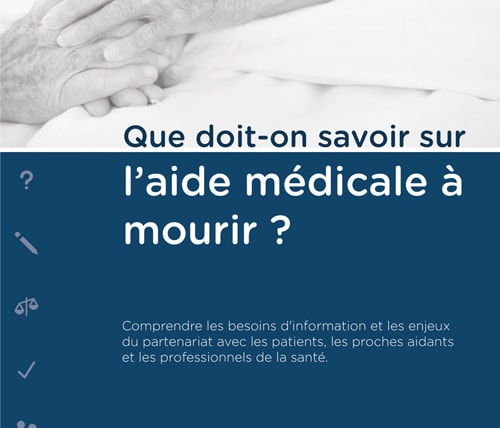

In the spring of 2016, we brought together patients, family caregivers and health professionals to better understand their information needs as well as partnership issues in the context of end-of-life care.
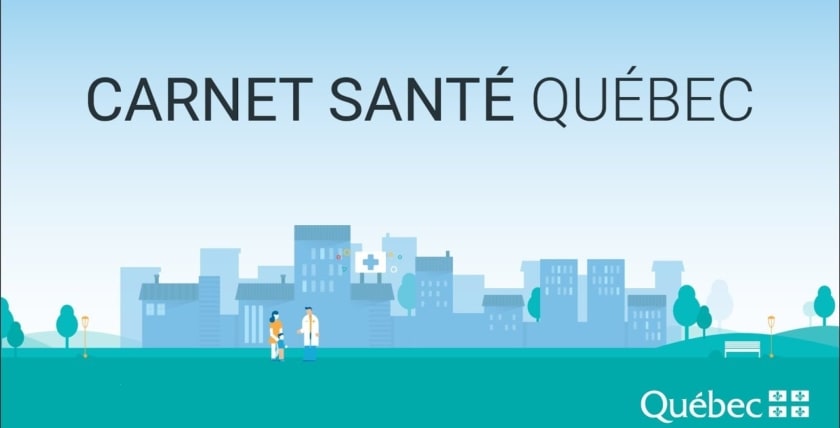
Since 2015, the Ministère de la Santé et des Services sociaux (MSSS) has made it a strategic priority to integrate the partnership with users and families model across Quebec’s health system. Indeed, user and family partnership is an integral part of the Plan stratégique 2015‐2020 du MSSS, and has been materialized as a result of the Cadre de référence de l’approche de partenariat entre les usagers, leurs proches et les acteurs en santé et en services sociaux.
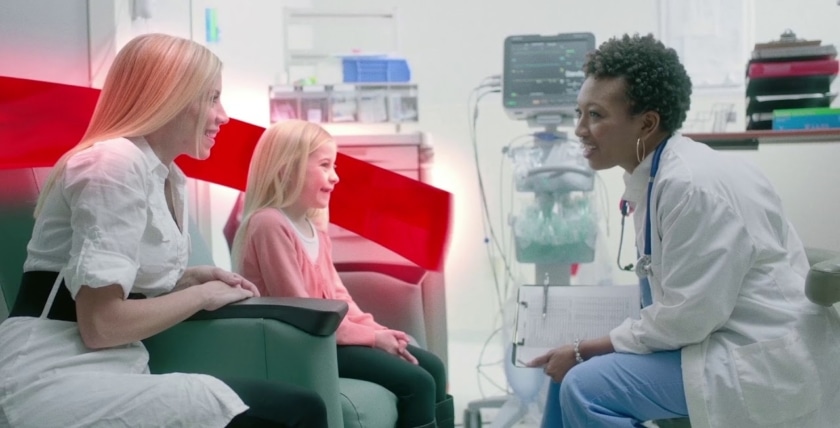
Canada Health InfoWay’s Forum d’évolution via les pairs (FEP) is a peer network that engages with and mentors physicians to promote the use and adoption of digital health.

In collaboration with the Centre intégré universitaire de santé et de services sociaux du Centre-Sud-de-l’île-de-Montréal (CCSMTL), Université de Montréal, through the Department of Family Medicine, is responsible for developing and implementing the Unités de formation clinique interprofessionnelles universitaires (UFCI-U).

The CEPPP is currently collaborating with the Canadian National Transplant Research Program (CNTRP), a national transplant and organ donation research network, with the objective of transforming the culture by integrating patient partners at all levels of the network.
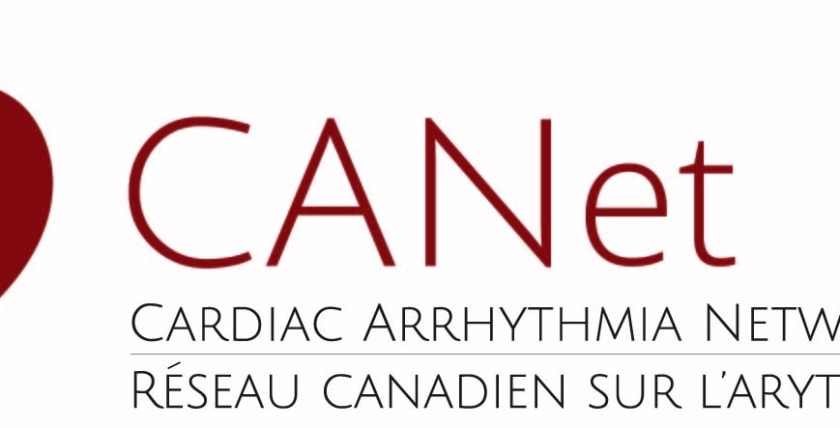
The CEPPP is collaborating with the Cardiac Arrhythmia Network of Canada (CANet) to integrate the patient’s perspective in all of the network’s research projects. In 2015, CANet committed to developing a network that includes those affected by arrhythmia at…
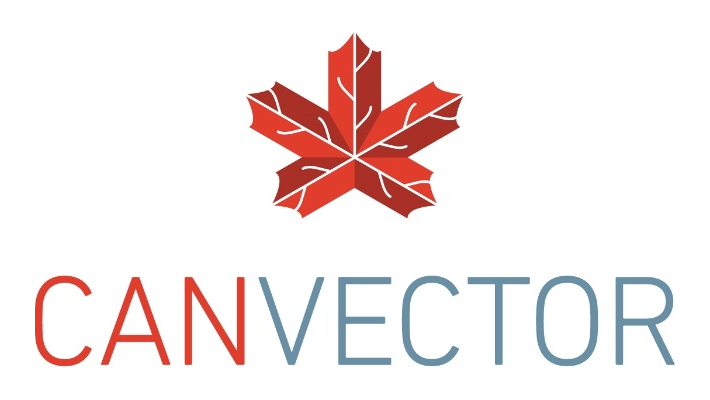
In 2016, Canadian Venous Thromboembolism Clinical Trials and Outcomes Research (CanVECTOR) Network launched a patient partnership strategy in the long-term aim of improving patients’ experience with the disease. In this context, the CEPPP is working with CanVECTOR to reinforce…